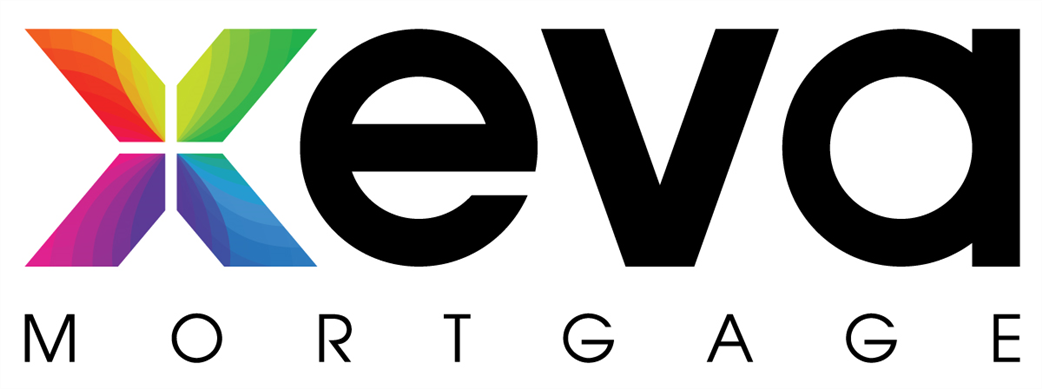For more than 12 years now I have been learning what is important to you. Then finding the best solution for you. Many of my clients were not sure if they needed to use my services as a Mortgage Professional, but once they experienced how this helped them with their Home Buying/Re-Financing project, they are happy they did. Mortgages are deceptively simple and endlessly complicated. You can only choose when you have a choice and have been fully informed. Many great Bank Specialists are providing service to their clients, but they can only offer their Banks solutions. As an independent professional, I work for you by informing you on all things mortgage, including who will be your Best Lender. My services are FREE (with OAC) to my clients. The lenders compensate my business to provide them a qualified Client.
I look forward to assisting YOU.
RATES: Here's the thing...I will connect you with the best rate for your BEST mortgage.
Home office expenses for employees for 2023
Eligible employees who worked from home in 2023 will be required to use the Detailed Method to claim home office expenses. The temporary flat rate method does not apply to the 2023 tax year.
As an employee, you may be able to claim certain home office expenses (work-space-in-the-home expenses, office supplies, and certain phone expenses).
This deduction is claimed on your personal income tax return. Deductions reduce the amount of income you pay tax on, so they reduce your overall income tax liability.
Salaried employees can claim: Electricity, Heat, Water, some utilities, monthly Internet access or part of your rent.
Commission employees can also claim: home insurance, property taxes and lease of a cell phone, computer and more.
Review the CRA website for more. https://www.canada.ca/en/revenue-agency/services/tax/individuals/topics/about-your-tax-return/tax-return/completing-a-tax-return/deductions-credits-expenses/line-22900-other-employment-expenses/work-space-home-expenses.html
SCOTIABANK: SPEND LIKE THERE IS NO TOMORROW, TAX LIKE THERE IS
Canadas federal Finance Minister tabled Budget 2024 on April 16th. Gross new spending measures were substantially higher than signalled ahead of budget day, with equally substantial taxation measures partially offsetting the net impact.
The budget adds a near-term boost to growth with major new spending, but it introduces another twist as it gives with one hand while taking with the other. While net new spending amounts to 0.4% f GDP over the next two years, gross outlays to Canadians adds up to a much more substantial $22.5 bn (0.7%), while syphoning off $9.5 bn from drivers of growth. This is additive to the $44 bn incremental spending provinces have announced in recent weeks.
The budget clearly makes the Bank of Canadas job more difficult. The soft inflation print released into the budget risks fanning complacency around the risk of a resurgence in inflationary pressure particularly with a housing market rebound waiting in the wings (and more potential buyers on the margin after this budget).
New spending is hardly focused. A gross $56.8 bn is spread widely across a range of priorities. The new Housing Plan reflects just 1/6th of new outlays. Others were channeled aheadmilitary spending, AI investments, and pharmacarewhile new pledges were tabled towards Aboriginal investments, community spending, and a new disability benefit among others.
New tax measures will yield a $21.9 bn offsetnotably a big increase to the capital gains inclusion rate from one-half to two-thirds for individuals and corporations later this Spring.
The net cost of new measures in this budget lands at $34.8 bn over the planning horizon. Near-term economic momentum has provided additional offsets ($29.1 bn), leaving the fiscal path broadly similar to the Fall Update. The FY24 deficit comes in on the mark at $40 bn (1.4% of GDP) and is expected to descend softly to $20 bn (0.6%) by FY29. Debt remains largely on a similar path of modest declines as a share of GDP over the horizon.
The fiscal plan could have delivered on critical priorities including the Housing Plan, along with AI and Indigenous spending, while still adhering to its fiscal anchors without resorting to substantial new taxation measures that will dampen confidence and introduce further distortions to Canadas competitive landscape.
It wont likely trigger an election, but it is clearly a warm-up lap as Canadians brace for the polls within the next 1218 months. The taps are unlikely to be turned off any time soon.
Source: https://www.scotiabank.com/ca/en/about/economics/economics-publications/post.other-publications.fiscal-policy.fiscal-pulse.federal.federal-budget-analysis-.canadian-federal--2024-25-budget--april-16--2024-.html
Bank of Canada maintains policy rate, continues quantitative tightening
The Bank of Canada held its target for the overnight rate at 5%, with the Bank Rate at 5% and the deposit rate at 5%. The Bank is continuing its policy of quantitative tightening.
The Bank expects the global economy to continue growing at a rate of about 3%, with inflation in most advanced economies easing gradually. The US economy has again proven stronger than anticipated, buoyed by resilient consumption and robust business and government spending. US GDP growth is expected to slow in the second half of this year, but remain stronger than forecast in January. The euro area is projected to gradually recover from current weak growth. Global oil prices have moved up, averaging about $5 higher than assumed in the January Monetary Policy Report (MPR). Since January, bond yields have increased but, with narrower corporate credit spreads and sharply higher equity markets, overall financial conditions have eased.
The Bank has revised up its forecast for global GDP growth to 2% in 2024 and about 3% in 2025 and 2026. Inflation continues to slow across most advanced economies, although progress will likely be bumpy. Inflation rates are projected to reach central bank targets in 2025.
In Canada, economic growth stalled in the second half of last year and the economy moved into excess supply. A broad range of indicators suggest that labour market conditions continue to ease. Employment has been growing more slowly than the working-age population and the unemployment rate has risen gradually, reaching 6.1% in March. There are some recent signs that wage pressures are moderating.
Source:https://www.bankofcanada.ca/2024/04/fad-press-release-2024-04-10





























